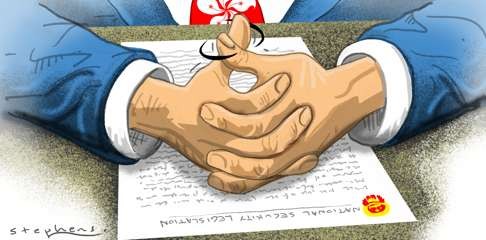
Next Hong Kong chief executive must implement Article 23 national security laws without delay
Grenville Cross says Beijing’s faith in leaving national security legislation up to the city has been misplaced and the next leader must make this a priority, to avert serious consequences
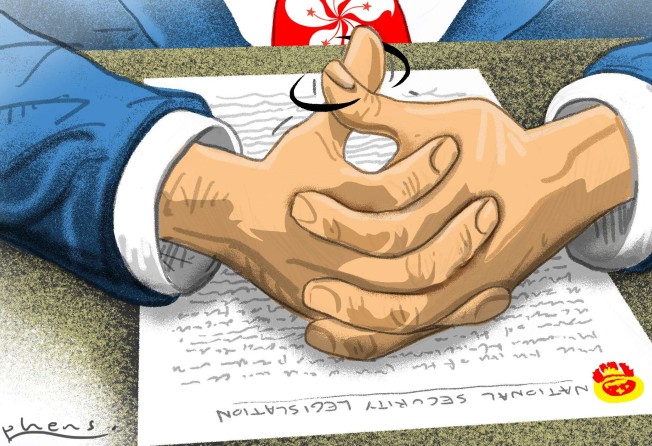

However, almost five years on, and nearly two decades after reunification, Hong Kong has still not, as the Basic Law requires, implemented the national security laws. This is a significant failure, with potentially serious consequences.
The central authorities have placed great faith in Hong Kong by allowing it, in Article 23’s words, to “enact laws on its own” for national security. In most places, national security legislation is dealt with through national parliaments, and not left to regional legislatures.
Of course, China could simply have extended its own national security law to Hong Kong but trusted the city to deal with this within a reasonable time. Its faith, unfortunately, has been misplaced.
Macau managed to enact its own national security legislation by 2009, and the sky has not fallen in
There is, however, not a complete vacuum. The old colonial laws on treason, sedition and theft of state secrets could still, at a stretch, be deployed, while the Societies Ordinance enables the secretary for security to control the activities of foreign political organisations. But Hong Kong also needs its own tailor-made laws to cover secession and subversion, which are lacking.
While this might suit some people, it makes a mockery of Hong Kong’s constitutional obligations to the rest of China.
Although Macau, China’s other special administrative region, was reunified with the mainland in December 1999, as many as 30 months after Hong Kong, it nonetheless managed to enact its own national security legislation by 2009, and the sky has not fallen in.
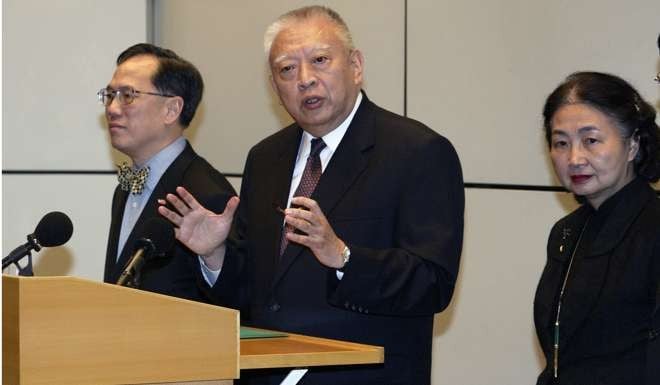
In 2015, China’s legislature adopted a comprehensive national security law, far tougher than anything envisaged by Article 23. Its Article 40 specifically requires Hong Kong and Macau to fulfil their responsibilities “for the preservation of national security”. While Macau has already acted and need not worry, alarm bells should by now be ringing loudly here.
Although the mainland’s new security law does not apply to Hong Kong, this could easily change. If Hong Kong continues to shirk its duty under Article 23, there must be a real possibility that the hardliners in the Standing Committee of the National People’s Congress will gain the upper hand, and impose it on Hong Kong.
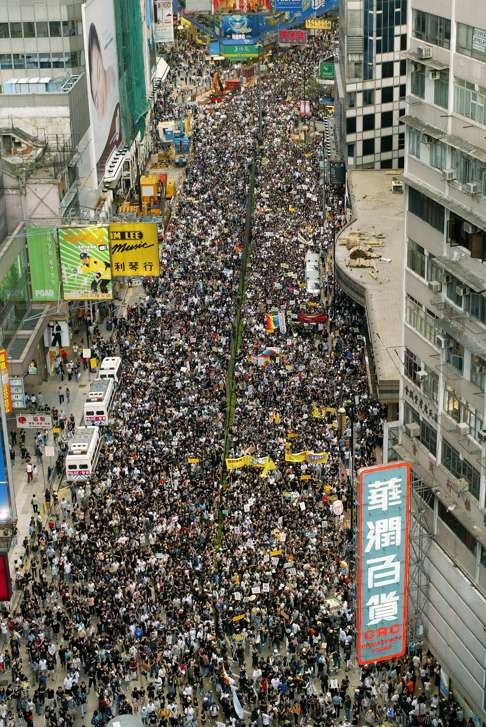
Since the 2003 debacle, when Tung’s government abandoned its Article 23 legislation after mass protests (and a stab in the back from one of its own), there has been paralysis throughout government at the very mention of national security, but this must change. Anyone wishing to become the chief executive must commit themselves not only to implementing Article 23, but to doing so sooner rather than later, without prevarication. The time for pussyfooting around has long since gone, and the next chief executive must ensure that Hong Kong discharges its duty to the nation, and shows that it can be trusted.
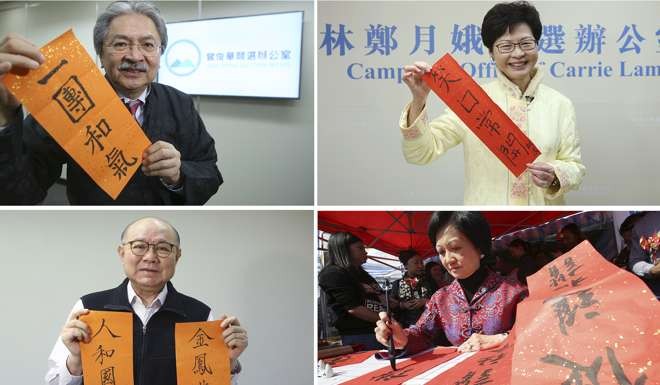
To allay public concerns, however, the new security laws must be narrowly drawn, and respectful of human rights guarantees. The whole emphasis should be on proscribing violence, disorder or illegality as a means to an end, as already reflected in our current treason and sedition laws.
To allay public concerns, the new security laws must be narrowly drawn, and respectful of human rights guarantees
The new secession law must, therefore, be construed in terms of withdrawing a part of China by force or serious criminal means, or engaging in war. Subversion should be defined as disestablishing, intimidating or overthrowing the central government by using force or other serious criminal means.
However, the peaceful discussion of independence should not be criminalised, and nor could it, so long as Hong Kong subscribes to the International Covenant on Civil and Political Rights, which guarantees freedom of expression and the right to hold opinions without interference. As Elsie Leung wisely noted in 2002, provided force, violence or serious unlawful means are not used to try to effect change, “we should not use criminal sanction against people from discussing, expressing opinions and even to strive to achieve such an objective”.
Since 1997, the central authorities have done much to uphold the Basic Law, thereby ensuring the success of “one country, two systems”, and for this we must be grateful.
Hong Kong, for its part, must now demonstrate its own bona fides. If Article 23 is not enacted, then, quite apart from the Annex III danger, the prospects of a “through-train” in 2047, when the Basic Law’s “50 years unchanged” expires, will be significantly diminished.
Grenville Cross SC is a criminal justice analyst